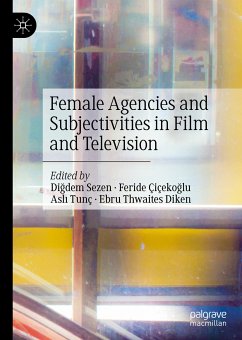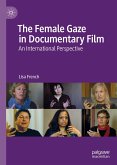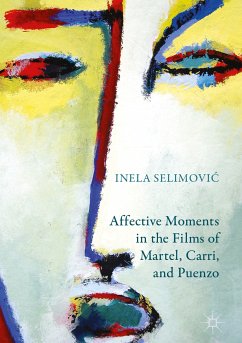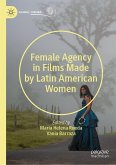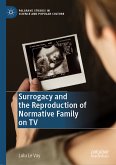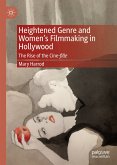"This volume is an exuberant account of the ways in which female agencies and subjectivities in visual culture have expanded and multiplied through digital technology and globalization. It is an invaluable contribution to contemporary discussions in film and television studies, as well as feminist theory and practice."
-Süheyla Schroeder, Berlin International University of Applied Sciences, Germany
Feride Çiçekoglu holds a Ph.D. in architecture from University of Pennsylvania, USA. Her stint in prison during the military junta of 1980 in Turkey was the inspiration for her first novella, which she later adapted to screen and used as a springboard to build a second academic career in film.
Asli Tunç is a professor of media studies and communication in the Department of Media at Istanbul Bilgi University, Turkey. She holds a Ph.D.in media and communications from Temple University, USA.
Ebru Thwaites Diken is an assistant professor in the Department of Film and Television at Istanbul Bilgi University, Turkey. She holds a a PhD in Sociology from Lancaster University, UK.
Dieser Download kann aus rechtlichen Gründen nur mit Rechnungsadresse in A, B, BG, CY, CZ, D, DK, EW, E, FIN, F, GR, HR, H, IRL, I, LT, L, LR, M, NL, PL, P, R, S, SLO, SK ausgeliefert werden.

